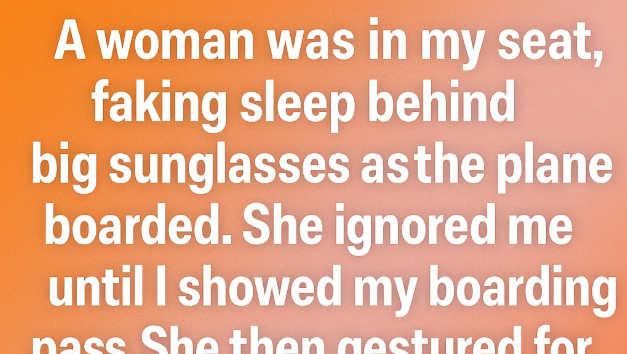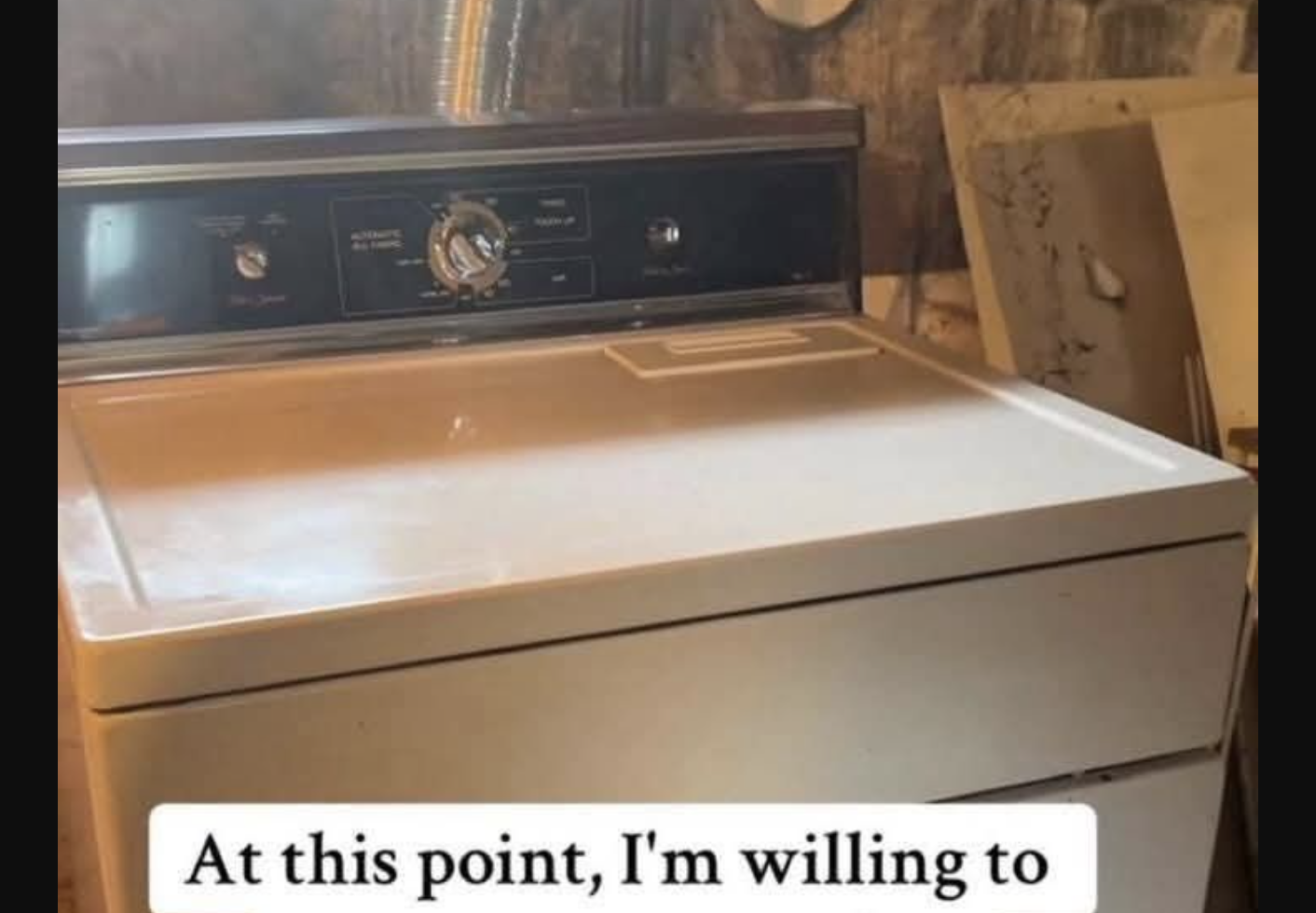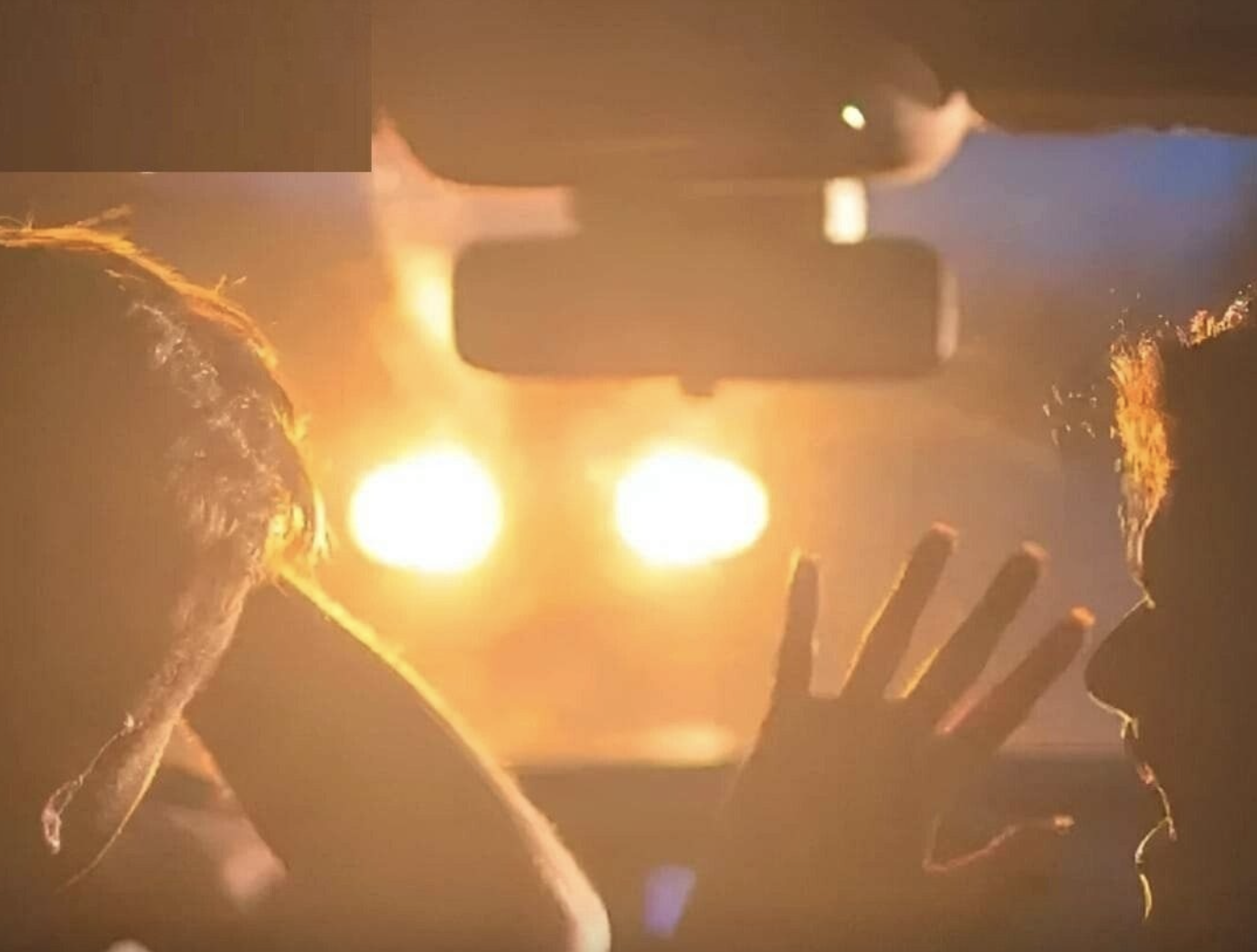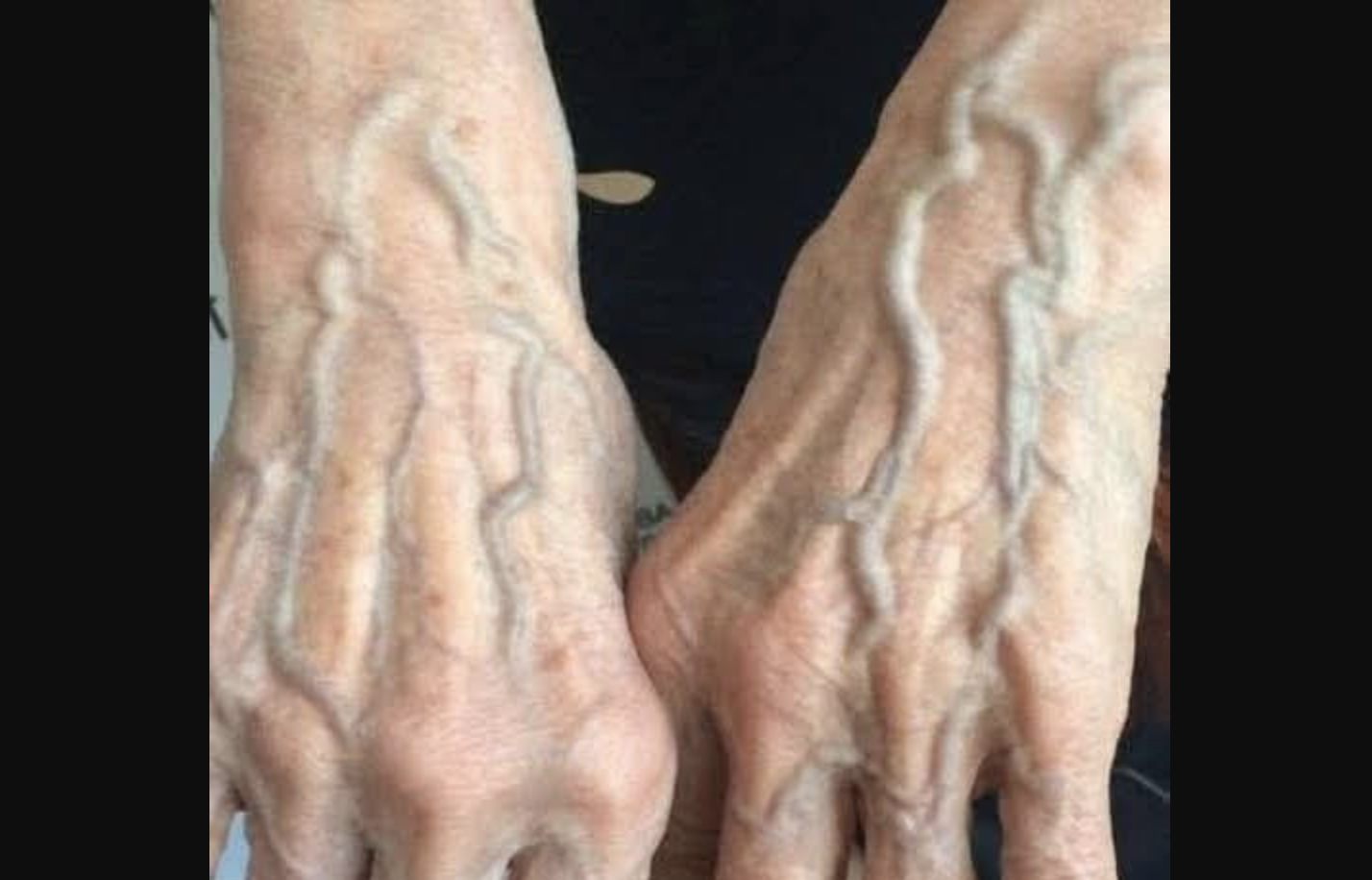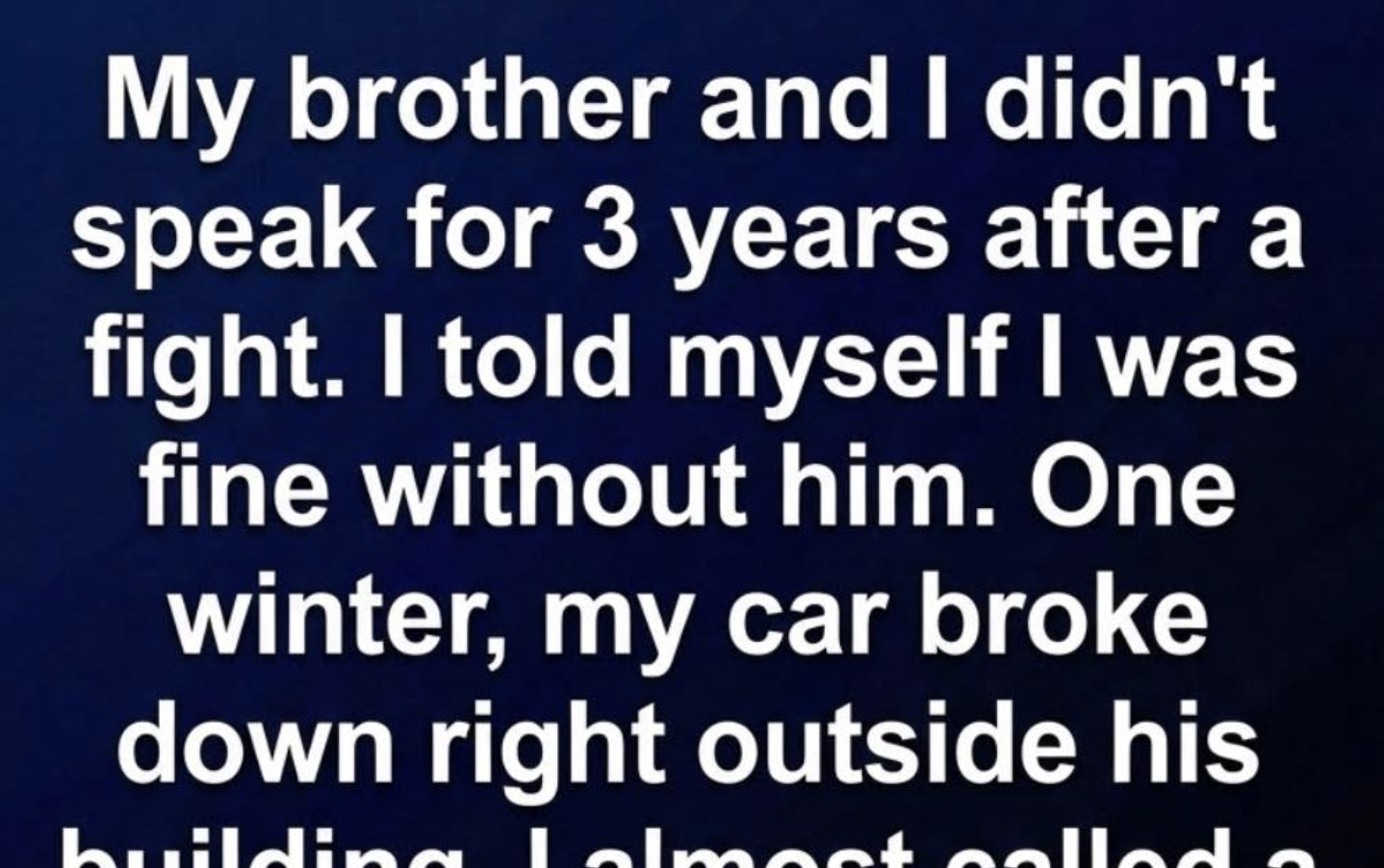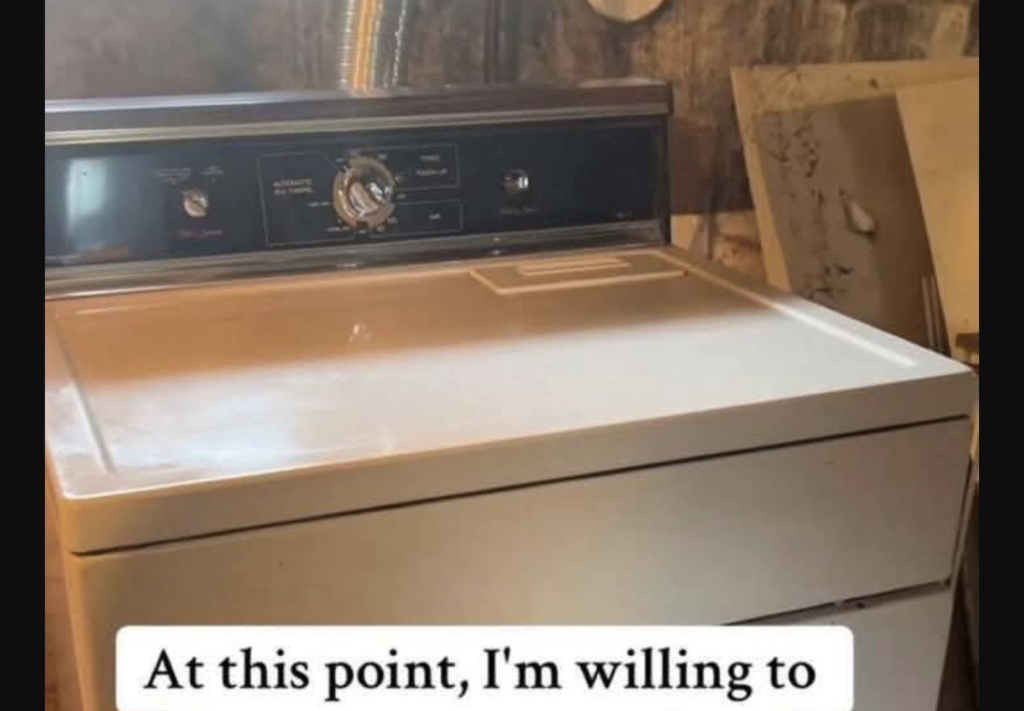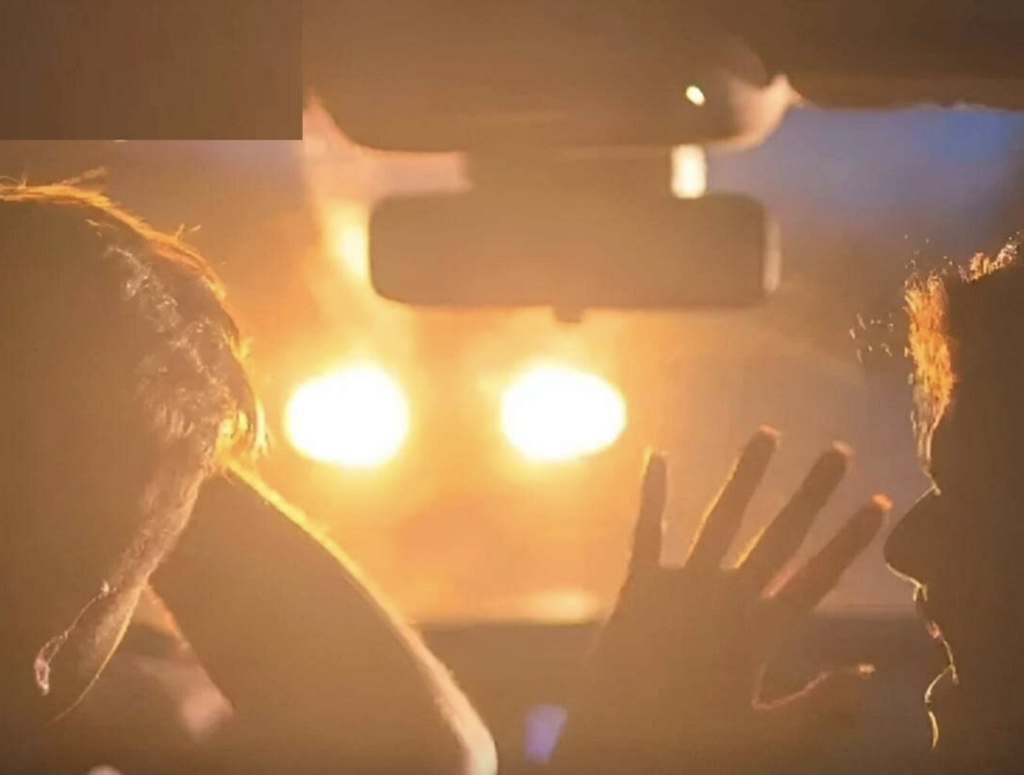On a bustling flight, a woman occupied my assigned seat, her face half-hidden behind oversized sunglasses, feigning sleep as passengers boarded. I stood patiently, holding my boarding pass, until she glanced up and noticed it. Rather than shifting, she motioned for me to slip past her to the window seat. I stayed put. “You’re the one who needs to move, not me,” I said with calm conviction. She hesitated, then quietly slid to the window, and I settled into my seat, mildly annoyed but eager to relax.
Shortly after the plane took off, a gentle tap on my arm caught my attention. I braced for another uncomfortable moment, but when I turned, I saw tears streaming from beneath her sunglasses. In a shaky whisper, she said, “I’m so sorry for taking your seat. I didn’t mean to be inconsiderate. Flying terrifies me, and the window seat makes me feel a little more secure. Today’s been overwhelming.”
Her vulnerability softened my frustration. I reassured her it was fine and asked if there was anything I could do to ease her nerves. With a faint smile, she asked if we could talk to keep her mind off the flight. I agreed, and for the next two hours, we shared stories—about our families, our aspirations, and funny travel experiences. Gradually, her trembling hands steadied.
As the plane began its descent, the anxious woman next to me was no longer gripped by fear. She laughed, her face bright with relief, even wiping away tears of happiness. When we landed, she turned to me, enveloped me in a warm hug, and said, “Thank you for your kindness when you had no reason to offer it. You made this terrifying flight unforgettable in the best way.”
That experience lingered with me. What began as an irritating moment unfolded into a deeper understanding. Often, people’s actions hide unspoken struggles, and a little empathy can transform fear into a meaningful connection.
